I was born and raised on an island country along the Pacific coast, Japan.
There are many ways in which the tourists describe Japan: mysterious, crowded, organized, respectful, and the list goes on. What I love most about this country is that we are considered one of the most developed countries in the world but never fail to preserve the old cultural traditions, as well.
I have always been told that before you travel abroad, you have to learn the beauty of your own country in order to appreciate others. I still remember the time when I travelled out of the country and made a friend from Denmark. She had asked me what made my country so unique and the disappointment I had felt toward myself when I couldn't answer that question made me realize that I need to learn more about my country.
Out of the 47 prefectures in Japan, I have only been able to visit less than 20. Thankfully, with the help of social media, I was able to interview some of my friends and family from all over the world. They have either lived in Japan their whole lives or have visited once or multiple times.
Here are the 10 things we think you should know about Japan before the Tokyo 2020 Olympics.
If you need anything, the convenience store has everything from medicine to ready-to-eat meals!
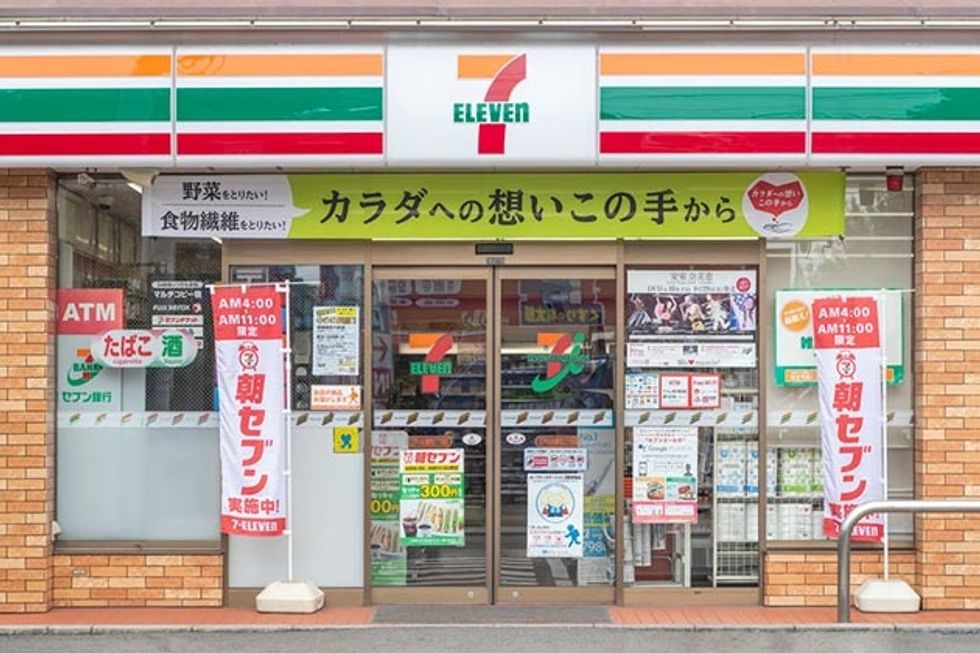
It is open 24 hours and they are everywhere! I remember going to 711 in America expecting it to be like the Asian convenient stores. I was shocked by seeing how small the variety of foods were. There are three main convenient stores in Japan: Lawson, Family Mart, and 711. All three of them are similar yet different so try visiting all three of them!
Be ready to carry around cash!
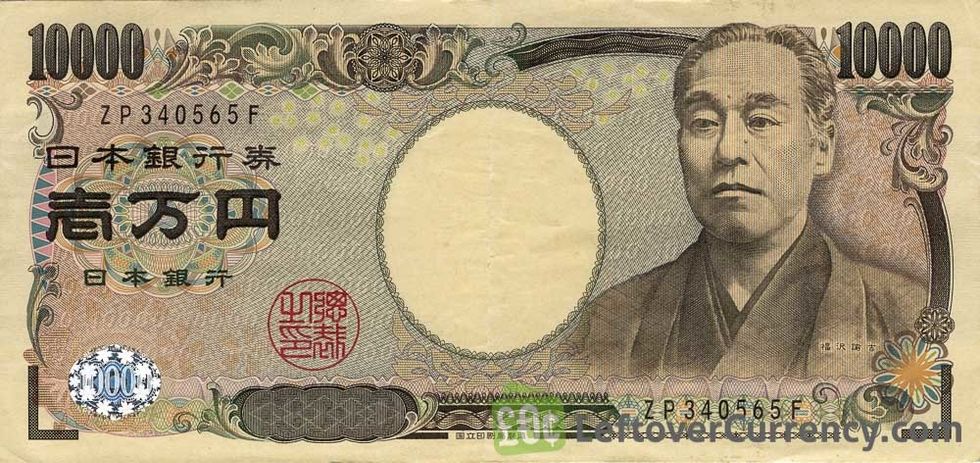
Although this is changing since more foreigners have been visiting Japan in recent years, there are still local stores that only accept cash.
Please do learn some basic Japanese!
Unless you are in a station or government buildings, it is hard to manage with just English. Although it is required in the Japanese public system to learn English from elementary school, many locals do not speak English. Everyone knows that Google Translate can only do so much. Take an introductory Japanese class and make use of Duolingo, knowing a couple of phrases will definitely help.
Do not walk and eat/do not eat on the subway
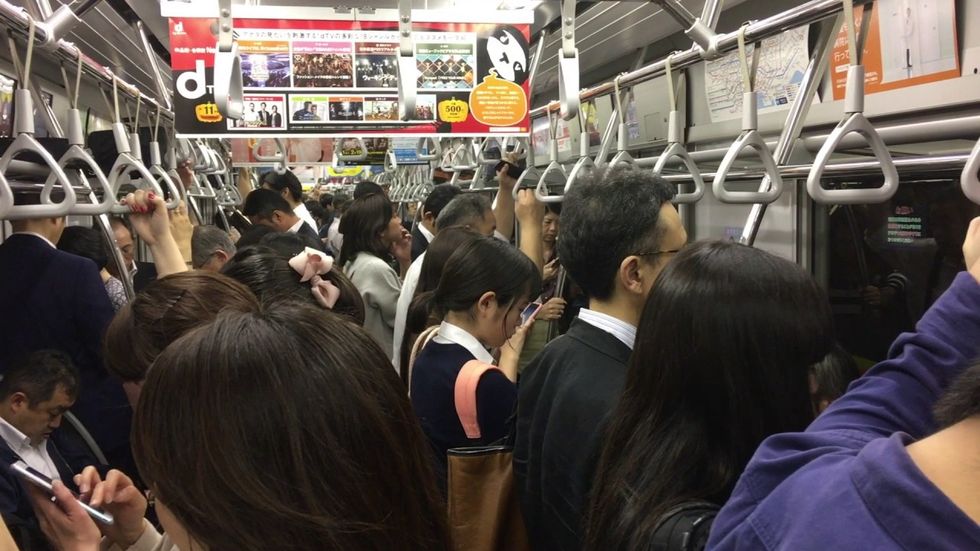
If you have ever seen a YouTube clip of a Japanese train during rush hour, it will explain why you would never want to eat on a subway. Walking and eating are also considered bad manners in Japan, so be aware!
No tips!
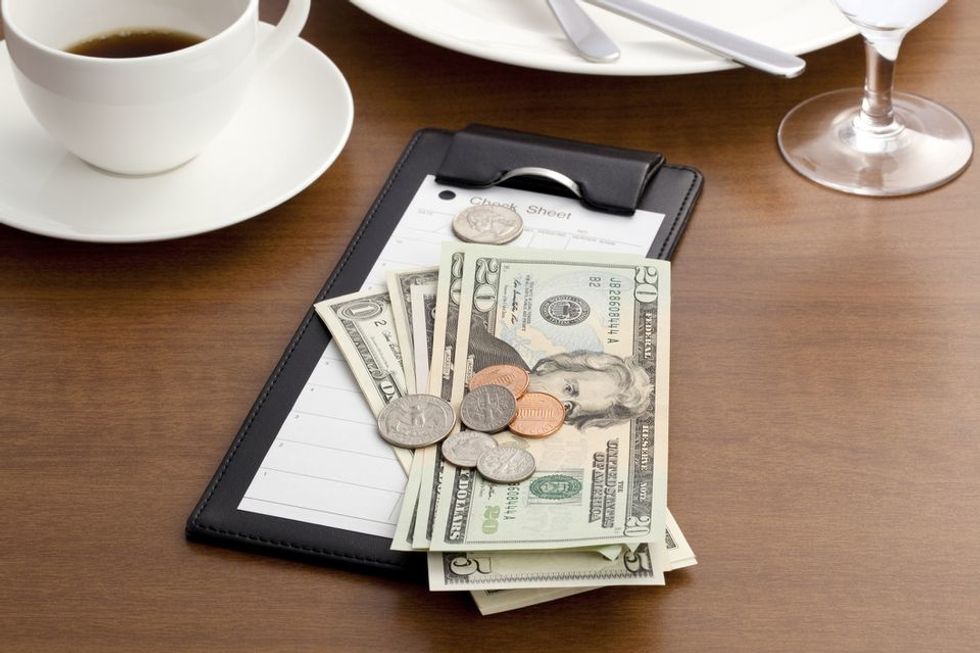
Do not tip in Japan, regardless of how good the service was. We do not have a tipping culture.
Tattoos may not be welcomed everywhere
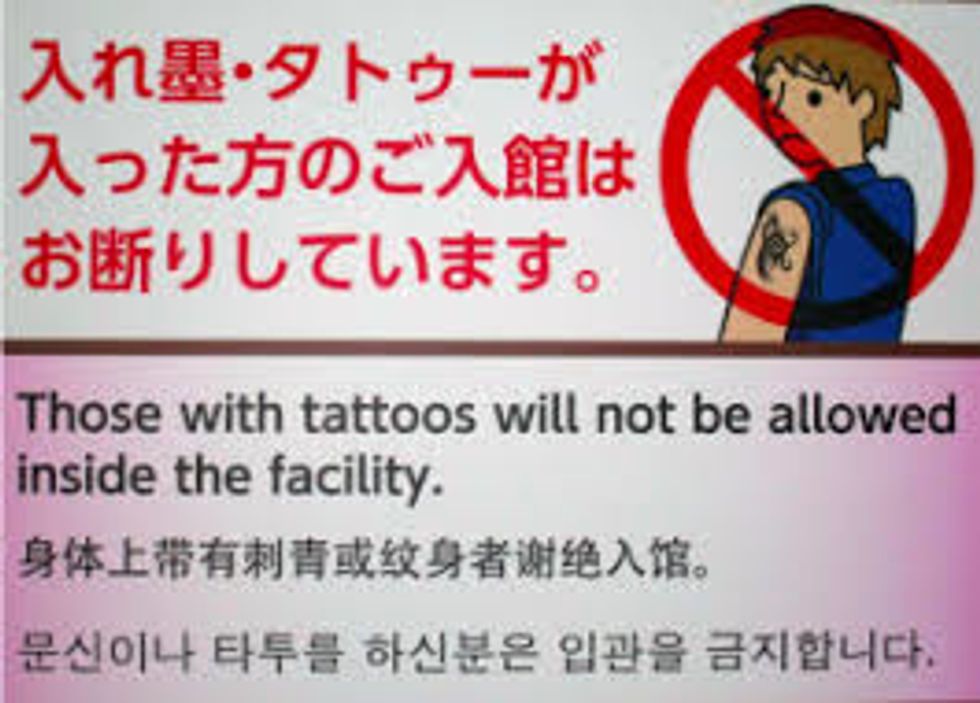
Especially in places like the pool, beach, and onsens (public bath), you may be denied entry into certain areas of Japan. Tattoos are strongly associated with the Yakuzas which are Japanese criminal gangs. Good news is the tattoo culture has been changing over the years due to increased foreigners.
Bowing
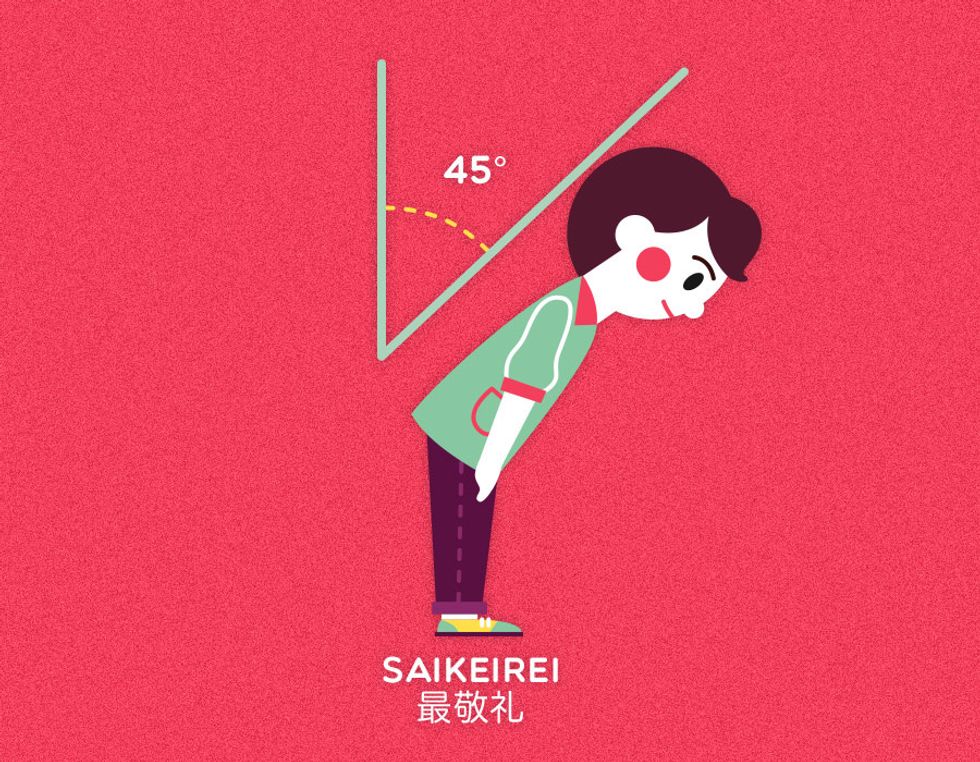
Japanese people are known to be polite and a way to show respect towards someone is through bowing. There are different types of bowing when you greet someone and this all depends on how low you bow. A 30-degree bow is for quick greetings and a 90-degree bow is for higher authorities and for when you apologize. In old Japanese restaurants, you may wonder why some doors are very small, these doors are made so that you would bow every time you enter and exit through the door.
Japanese bathrooms are life-changing
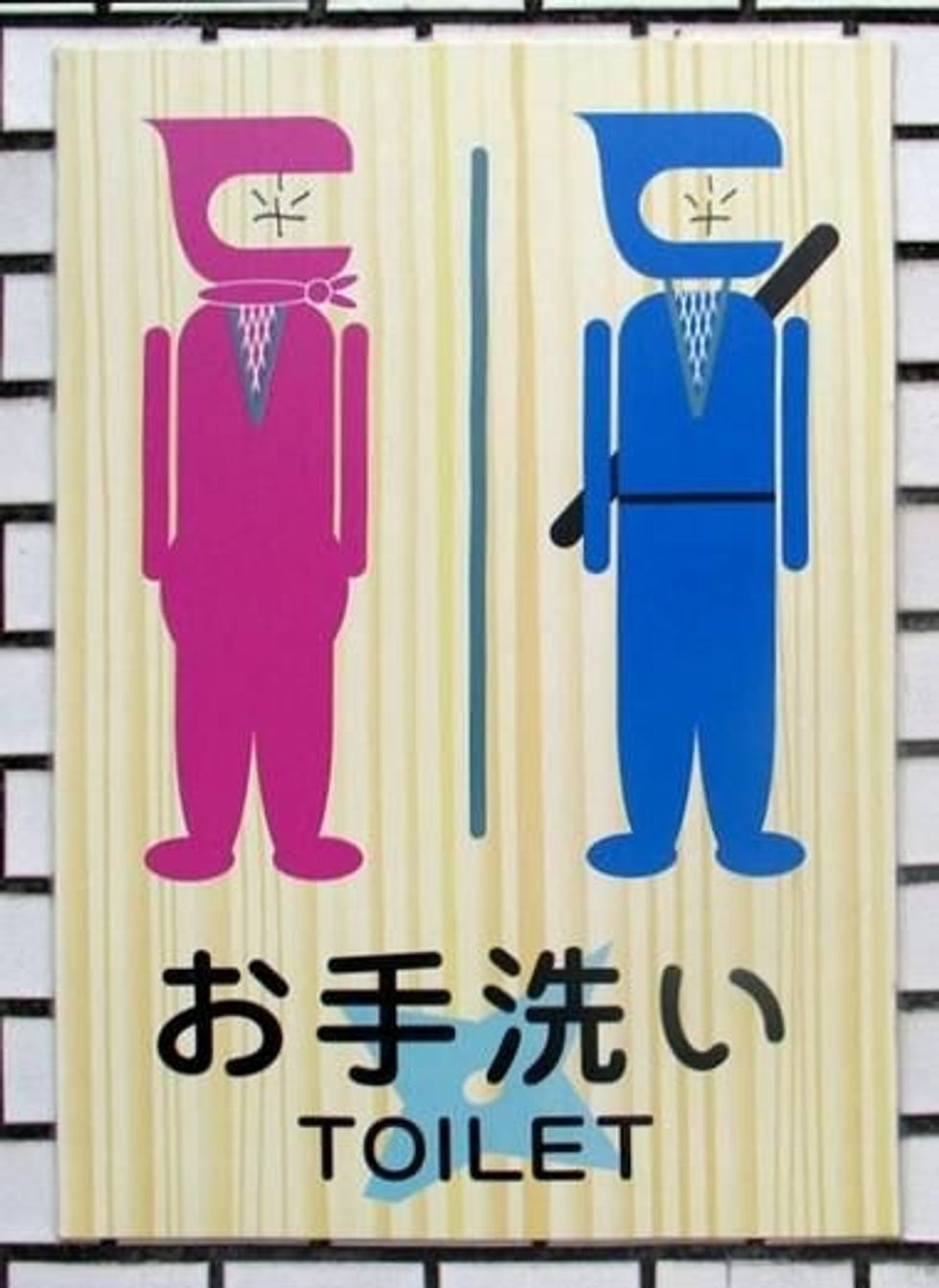
Almost every bathroom in Japan has a small keypad with buttons including different functions. Most include bidet, seat heating, and waterfall music.
Do NOT wear shoes indoors
Japanese usually take off their shoes before entering someone else's house or even at a restaurant. Ask beforehand if you should take your shoes off when you are entering a restaurant.
Be ready to carry around trash with you
Japan is known for its clean city but at the same time is also known to have fewer trash cans around the city. Many tourists have reported that they had to carry trash with them until they find a convenience store.
Japanese culture is way deeper than just anime and kimonos. Even kimonos have different shapes and forms for different occasions. The way we drink tea has its own tradition, the way we arrange flowers has different meanings, and I truly believe that this is why many people are attracted to this country. The smallest things have the deepest meanings and as I am still learning more about my own country. I hope to share more of my culture with people from other cultures.



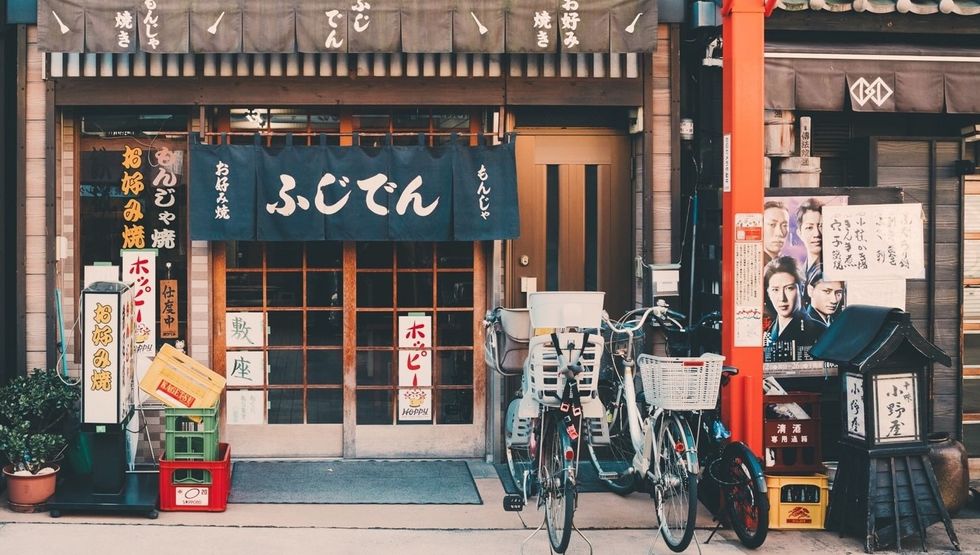


 Energetic dance performance under the spotlight.
Energetic dance performance under the spotlight. Taylor Swift in a purple coat, captivating the crowd on stage.
Taylor Swift in a purple coat, captivating the crowd on stage. Taylor Swift shines on stage in a sparkling outfit and boots.
Taylor Swift shines on stage in a sparkling outfit and boots. Taylor Swift and Phoebe Bridgers sharing a joyful duet on stage.
Taylor Swift and Phoebe Bridgers sharing a joyful duet on stage.













